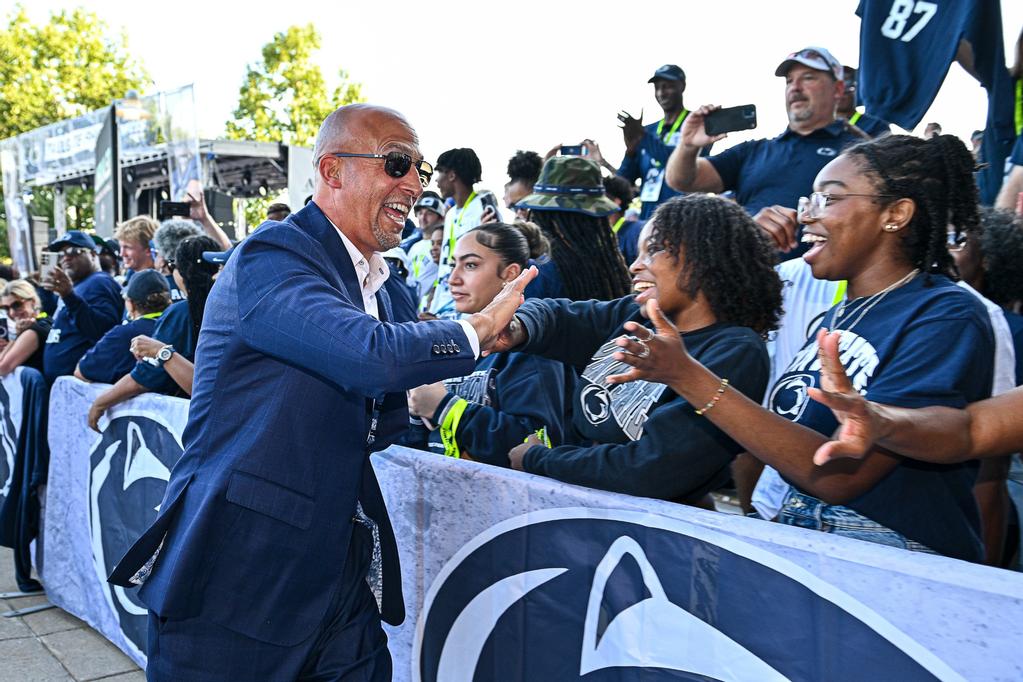
A high-profile college football coach spent time after his team’s first victory of the season seeking belief — belief in his process and his team. Belief that all the hype was real. Belief that the impressive performance was the start of something big.
Colorado coach Deion Sanders might be correct. His team’s all-in transfer portal approach (86 new players on the roster) and on-field turnaround could develop into the biggest story of the college football season, even if his understanding of the media’s role has some flaws.
If his team becomes a season-long success story (and even if not), there’s no doubt Sanders — that’s “Coach Prime” to the fawning media across the country who do not give the nickname-only treatment to any other coach — will drive the attention brigade with his bravado and charisma. His apparently genuine profession of faith and unfailing support of his players will resonate with many audiences.
He’ll make sure they do, garnering a lot of attention. Deserved attention.
Here’s the thing, though. Another coach, half of a continent away from Sanders but right here at home for us, deserves just as much attention and has done more work than Sanders to craft his success.
In a decade at Penn State, James Franklin has three 11-win seasons, three major bowl victories (Fiesta, Cotton and Rose) and a conference championship to his credit. He’s the right coach at the right time for the Nittany Lions. He’s also the right coach for this time in college football.
He’s fought for facility upgrades, for unity in Penn State’s approach to athletics, for a change in the program’s overall mindset, and consistently for the support of his players. At times, all of that, as well as trying to win games in college football’s toughest conference (and especially its toughest division, the Big Ten East), has probably felt like a tiresome uphill slog.
Undeterred (and unrivaled), Franklin has persisted and found success — getting upgrades to those facilities and better positioning the program’s name, image and likeness efforts for impact and results. While some criticize his CEO approach (often an unfair backhanded compliment about his Xs and Os expertise), Franklin has been committed.
His tenure at Penn State — the 11th stop in a coaching career that started in 1995 as the receivers coach at Kutztown University — provides proof of an approach based on determination and preparation. He’s not nearly as flashy as Sanders (nobody could match that standard) but Franklin’s certainly well positioned to reach his stated goal of becoming the first black coach to win a national championship in college football’s top division.
This might be the best year for him to move toward that achievement. Still, what he must do remains as clear as always, as clear as the big annual challenges of the schedule — beating the other top teams in the Big Ten East: Michigan, Michigan State and Ohio State.
Realistically, that’s what Franklin’s paid to do. Sure, he’s paid for the whole season, the whole calendar year, and all associated with the program, but it really boils down to winning three games a season. He has a losing record against all three: MSU (4-5), Michigan (3-6) and Ohio State (1-9) — and that’s been a problem.
This season, though, there’s reason to believe, and it’s based on his track record of transforming the Penn State program the past decade. It’s hard to believe any other coach could’ve repositioned and revamped the program like Franklin has during his tenure. There are things to nitpick about the coach and what he’s done, but those things are mostly minor.
There’s no glossing over the importance and necessity of winning those three games a season (and next season the challenges could get even bigger as the conference grows and the schedule changes), but there’s as much reason to believe that’s possible in 2023 as there is to believe in Sanders’ approach at Colorado.
Franklin’s just moving toward making that belief a reality with a little less of a look-at-me approach.
If you don’t look, though, you might miss it.
